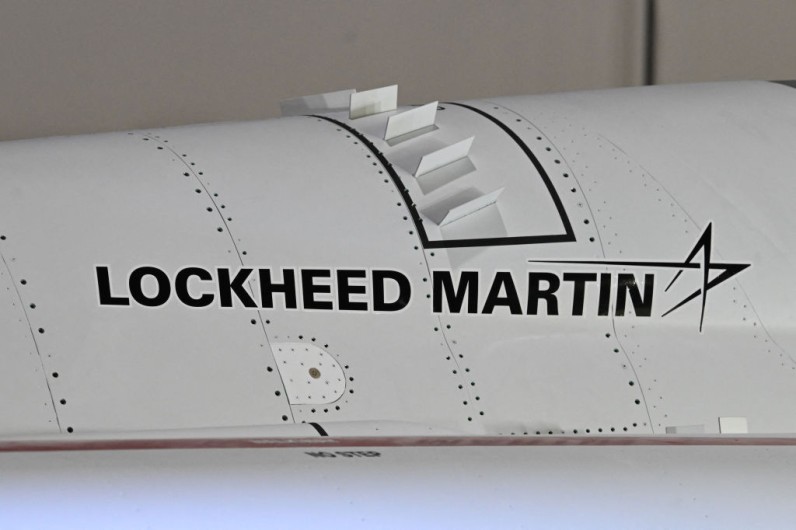
China announced that it has sanctioned several business units of American aviation manufacturer Lockheed Martin Corp. and three of its executives over arms deals with Taiwan, the self-ruling island claimed by Beijing as its own territory, AP News reported.
The country's Foreign Ministry stated that Lockheed Martin's cooperation with Taiwan violated China's sovereignty. This is consistent with China's stance on foreign dealings supporting Taiwan's government.
While the sanctions appear largely symbolic, given the suspension of military cooperation between the US and China since 1989, the decision points to ongoing tensions between the two countries.
The affected Lockheed Martin units include the Missile System Integration Lab, Advanced Technology Laboratories, and Lockheed Martin Ventures. Executives James Donald Taiclet, Frank Andrew St. John, and Jesus Malave were also banned from traveling to China.
Earlier this year, VCPost also reported that China imposed several sanctions on two US defense companies, similar to the reason for banning Lockheed Martin and its executives.
China on US Companies
China has been advancing its domestic aircraft industry, producing parts and planes for Airbus and developing its own commercial jets, increasingly replacing foreign technology with homegrown solutions. This was further advanced by the contention caused by US tariffs on Chinese electric vehicles, which are also now adopted by the European Commission.
Unlike China, Taiwan remains heavily reliant on US arms suppliers, even as it seeks to strengthen its defense industry amid China's growing threats to encircle or invade the island. This comes in the context of historical tensions dating back to Taiwan's separation from mainland China amid the civil war in 1949.
Taiwan has also been calling for US funding as Chinese warplanes are reportedly encircling Taiwanese territories slowly over time.







Join the Conversation